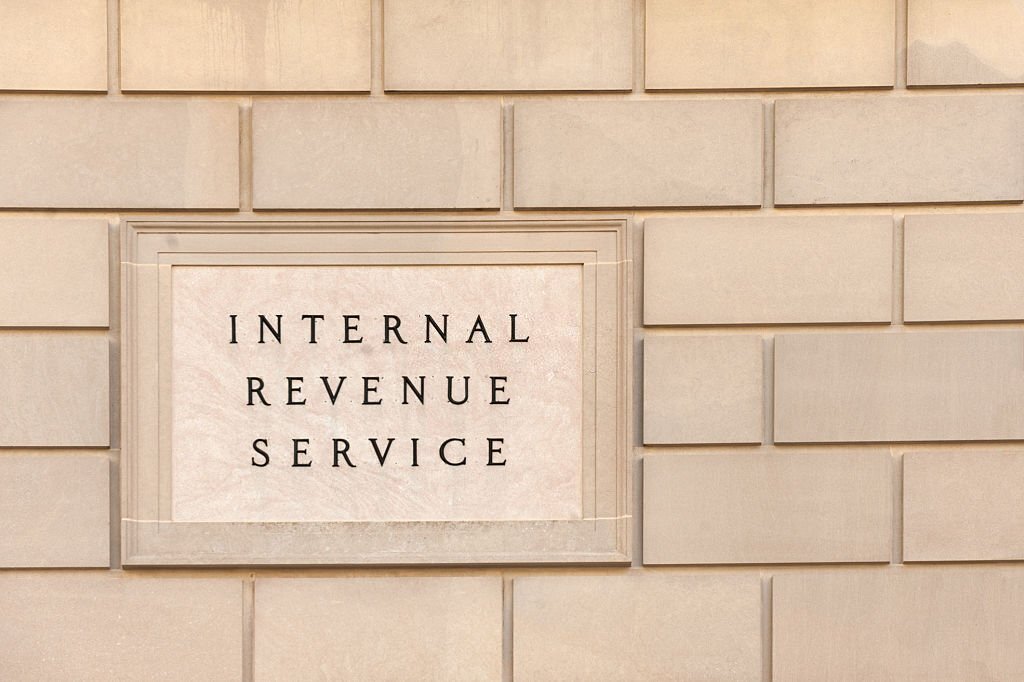The IRS announced on Tuesday that interest rates will go up for the calendar quarter beginning Jan. 1, 2023.
For individuals, the rate for overpayments and underpayments will be 7% per year, compounded daily, up from 6% for the quarter that began on Oct. 1. Following is a complete list of the new rates:
- 7% for overpayments (payments made in excess of the amount owed), 6% for corporations.
- 4.5% for the portion of a corporate overpayment exceeding $10,000.
- 7% for underpayments (taxes owed but not fully paid).
- 9% for large corporate underpayments.
Under the Internal Revenue Code, the rate of interest is determined on a quarterly basis. For taxpayers other than corporations, the overpayment and underpayment rate is the federal short-term rate plus 3 percentage points.
Generally, in the case of a corporation, the underpayment rate is the federal short-term rate plus 3 percentage points and the overpayment rate is the federal short-term rate plus 2 percentage points. The rate for large corporate underpayments is the federal short-term rate plus 5 percentage points. The rate on the portion of a corporate overpayment of tax exceeding $10,000 for a taxable period is the federal short-term rate plus one-half (0.5) of a percentage point.
The interest rates announced on Tuesday were computed from the federal short-term rate determined in October. Revenue Ruling 2022-23 has more details.
Thanks for reading CPA Practice Advisor!
Subscribe Already registered? Log In
Need more information? Read the FAQs
Tags: Accounting, IRS




